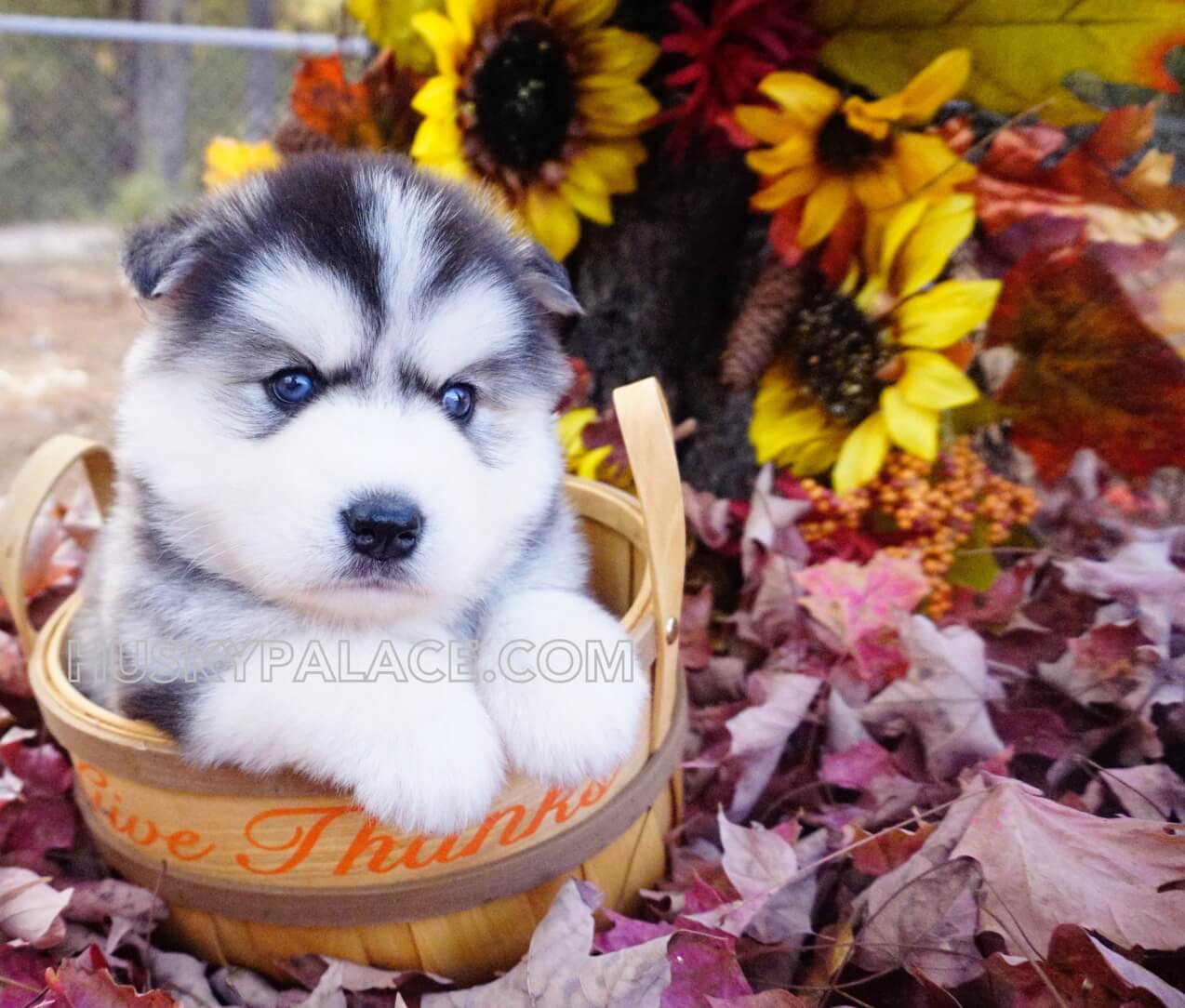Now that you have a new “baby” and of course you want that baby to grow up and be a healthy playful part of your family. BUT there are certain things that you need to know and do to make this happen. In the following paragraphs these are just the basics of how to care for a new puppy and some information that may save our baby’s life in an emergency situation.
Taking Your Puppy Home
One of the biggest mistakes people make when they purchase a new puppy is they immediately have to take it visiting to show it off. NOT A GOOD IDEA! Do Not Take your dog to a PET STORE. Take your puppy straight home and try your very best to keep it there until it has adjusted to its new surroundings and it’s new “parents”.
Do not do anything that stresses the puppy out like going out shopping for new puppy clothes. You will have plenty of time later. You can place a small stuffed toy with your puppy for a little company. Do not allow your puppy to have run of the house. Your puppy should be placed in a small area /crate/playpen etc. He will not be able to find his food and water if he goes out exploring a big room or house. Please remember these are very small puppies and even a small room to us is a huge place for them. If you put your puppy alone in a room to “cry” himself to sleep he could be in great harm. Make sure your puppy is comfortable and feels safe.

Going to the Vet
When going to the vet, use some common sense. Keep your puppy in a crate when visiting the vet’s office. Do not let it romp on the floor or furniture and most certainly do not allow it to socialize with other animals that also may be in the office at the same time. Do not let others handle or pet your puppy. Their hands may carry germs that will cause your puppy to become sick. Where do all people take sick dogs? To the vet! Where is the best place to pick up germs or contract disease? Naturally, it’s where everyone takes sick dogs. To the vet!
Your puppy will already have its first series of puppy shots when you receive it. Make sure that you complete to proper series of puppy shots as this could save your puppies life. If the vet you choose says your puppy will have to be started over on its shots already given run out the door! It is vital that you do not overload your puppy immune system. This can cause just as many problems as not receiving any puppy shots. Make sure you take your new puppy to someone you feel comfortable with. When the pup needs his/her rabies shot make sure it’s the only shot for that day. The puppy series that you vet will give will protect it from catching several different viruses.
Diet & Feeding
If you were caring for a human baby you would be feeding it every few hours and constantly be changing its diaper and keeping the environment clean. Use the same idea for your new puppy. You should keep the puppy on the same food that was provided for you so that you do not stress the puppy anymore than necessary.
If you decide that you do not want to continue the puppy on the same food you must slowly introduce the new food. Mix a little of the new food in with the food the puppy is already eating. This should be done over a 10-day period until the puppy is completely on the new food. Do not change the puppy’s diet or eating routine too abruptly. The smaller a puppy the more times a day it has to be fed. I leave dry food out for my puppies at all times. You have to remember that because of their small stomachs they have to eat more often to sustain themselves.
Never confine the puppy for any length of time with no food or water. This means during the night also. Puppies have to eat and drink during the nighttime hours just to sustain themselves. Make sure to confine them in an area that has enough room for a bed, food, water and some paper down so they can relieve themselves. Until they are older they will not be able to go very long without eating, drinking and going to the potty.
They are babies. Do not put the puppy in bed with you to sleep during the night. They will not have access to food! They can also fall off the bed. It is very important to make sure the puppy is eating once you get it home. Do not be concerned with your puppy eating the same kind of food every day. You should decide on a good puppy food and keep it on it. When you offer different kinds of food all the time “trying to find one he likes” you are actually creating a picky eater.
Reverse Sneeze
Occasional bouts of sneezing, snorting, honking and wheezing sometimes called a reverse sneeze. This is usually caused by an elongated soft palate that is thought to become temporarily misaligned. It is a common trait in toy breeds. Pulling hard on a leash, drinking too fast or getting overly excited can lead to an episode of reverse sneezing. Reverse sneezing should not be confused with a collapsed trachea. Although reverse sneezing may be scary, it only lasts a short time and can be ended by massaging the dog’s neck and throat and encouraging the dog to swallow or lick. Another way to slow the reverse sneeze is to clap your hands to distract the dog, or pinch closed the dog’s nostrils with your fingers, forcing it to breathe through its mouth and to swallow.
Vaccination Reaction
It is not uncommon that your puppy will have a systemic reaction to its vaccinations. This can include a low-grade fever or muscle aches and pain. They may be really sleepy for the next 24 to 48 hours after their vaccinations. A more severe adverse reaction would be characterized by hives, swelling of the face or even vomiting. This reaction can be prevented by administering an antihistamine at the time of the vaccination. Please check with your vet about this option. In some rare cases dogs will have a more severe reaction leading to death. If your dog has had a vaccine reaction in the past, don’t skip future vaccinations but do warn your veterinarian so he can take the proper precautions when vaccinating your pet. If your dog does have an adverse reaction to its vaccinations always contact your veterinarian immediately.






